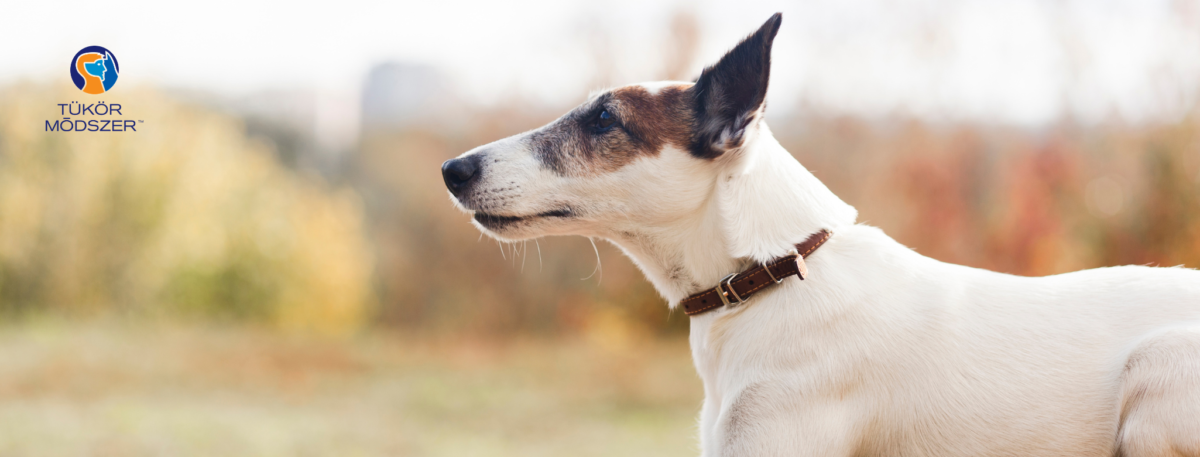Teaching dogs with the Mirror Method
A dog’s behaviour reflects us, their owners, just like a mirror would and shows how we need to develop further. We should learn to recognise these reflections.
People who live in nature, shepherds or indigenous tribes leading traditional lives, don’t need to worry about their dogs. It’s hard to picture Winnetou chasing his dog around or uncle Bob yelling at his shepherd dog for not coming back. How is this possible and what sets us, urban dog owners, apart? How can the Mirror Method help you?
This method allows us to clarify and simplify the relationship between humans and dogs. The dog shows us a mirror, their behaviour is directed by ours and it is our job to read the dog’s signs – and to make changes, if necessary.
The Mirror Method encompasses the trio of settling a relationship-teaching-lifestyle, thus assists to all areas of the shared life of a fog and their owner.
Dog owners and the Mirror Method
The good dog-owner is conscious, consistent and believes in gradual development.
The Mirror Method educates the dog owner as (s)he is the primary influencer of how the dog behaves. A key to our method is reaching a level of consciousness in reforming the relationship between dog and owner. Some questions are answered by the trainers but for some we only facilitate seeking the solutions, which becomes the owner’s task to find.
As opposed to other dog teaching methods, the Mirror Method is more complex, assisting owners to all aspects of the cohabitation with a dog, ranging from raising a puppy through teaching to a shared lifestyle. This method refuses to use any tools to force a dog as well as any violence or brutal behaviour against dogs.
Who is the Mirror Method for?
It is for any responsible and dog-loving owner, who
- wants their dog to be balanced, healthy and obedient
- wants to understand the needs and behaviour of their dog
- wants to allow their dog to run free and play among other dogs without any worries
- doesn’t want to teach their dog using force (pulling on a lead/pushing their backside down etc.)
- doesn’t want to blame the dog for any problems but rather accepts that a dog’s behaviour depends on their owner
- wants to teach more than the basics to the dog, while having fun
- wants to participate in meaningful activities with their dog
